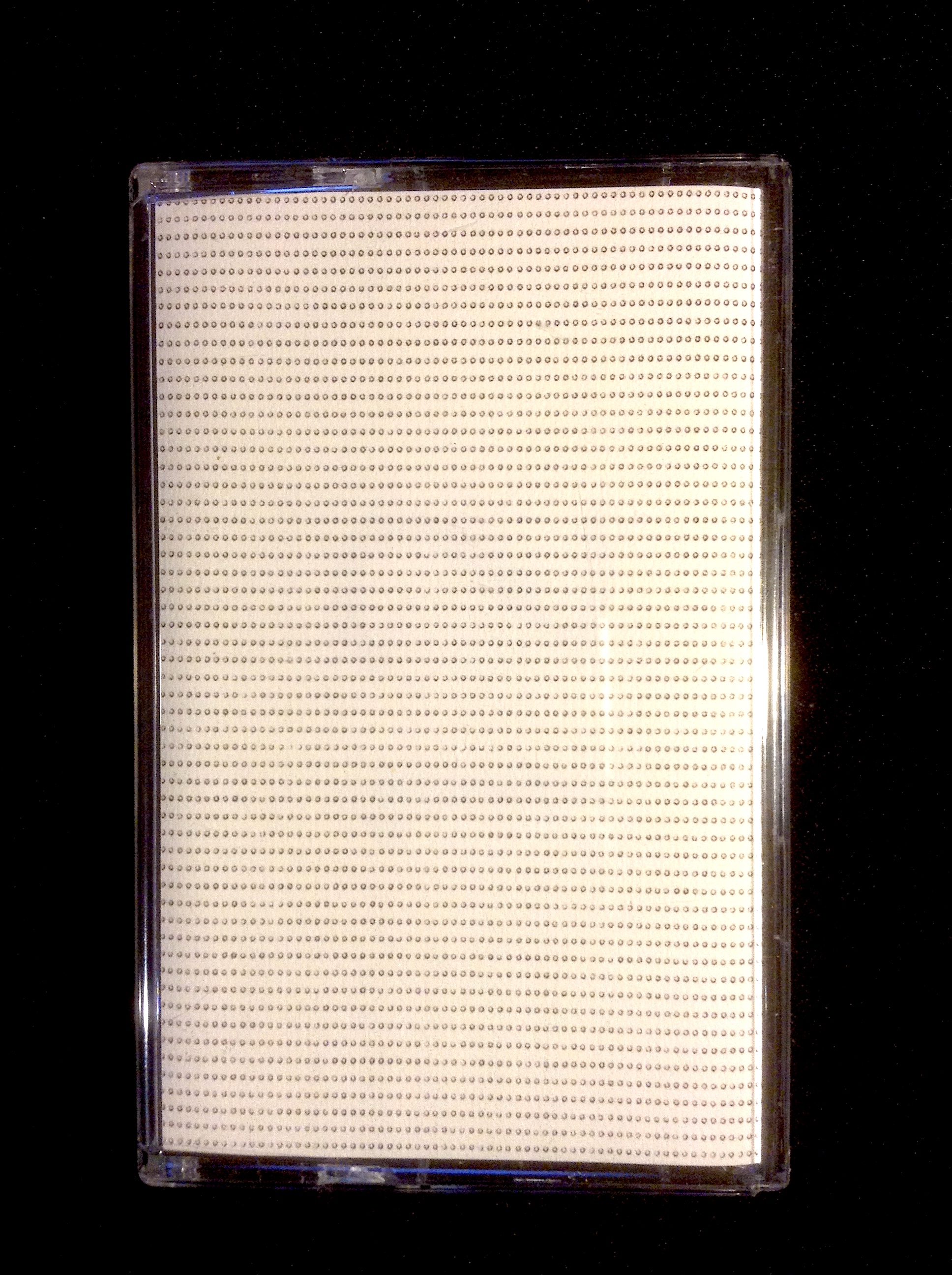In Wagner’s operas there was always a moment
that all the horns united in a long sustained sound.
It was a golden sound to mark a golden moment.
The title could have been Alpenglühen (Glowing Alps)
or Erwachen (Awakening).
In this golden moment a golden boy, the hero,
would finally keep his mouth shut and freeze into a heroic pose.
His eyes, his chin and his chest were pointed to the people
who sat on the balcony on the right side of the theatre.
From the hero’s view, it would be his left side.
His left eye would be obscured, and his right eye
would catch everyone’s attention.
The audience would dream and strongly identify themselves,
their country or the Zeitgeist with the appearance of pure willpower.
That was romanticism, I think. And it happened more than a century ago.
On the tape of Chemiefaserwerk the same golden sound
or echoes thereof
can be heard in a far distance.
It is something I hear more often.
I don’t know if all the software tools have this option,
or if it is an expression of today’s Zeitgeist
that wants to whisper in our ears that our dreams and desires
are more distant than ever.
I can understand the sounds on this tape
also as a critique of the use of classical music in modern society.
That golden sound that Wagner brought
is not very different from the sound of a neon light
in the restroom of a gas station
or the hum of the deep freeze department in the supermarket,
the fridge that keeps you awake at night
or the sonic environment of an airplane that crosses the Atlantic.
The brain loves the fragments of common sense.
It eats, digests and throws up.
It puts aside and adorns our daily impressions
and our everyday worries.
Wagner’s hero is reduced to a robot
and connected to a time bomb.
Christian Schiefner arrived after the explosion
(no-one got hurt, only the robot got blown to pieces)
wiped up the shrapnel
and put the pieces through the grinder.






You must be logged in to post a comment.